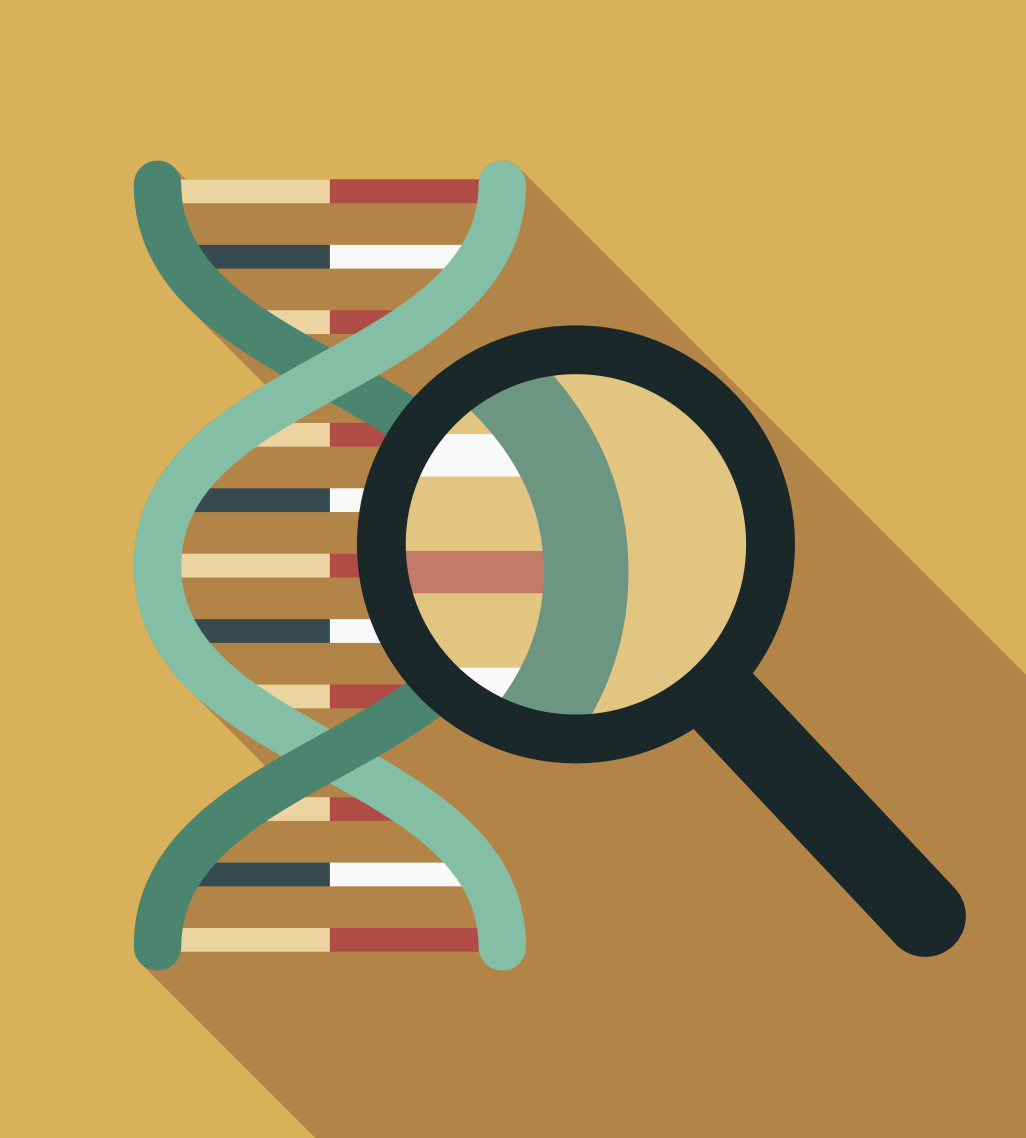Wendy Haaf answers your questions about health, nutrition, and well-being
Is type 2 diabetes reversible?
We now have good evidence that “it’s possible for some people with pre-diabetes and type 2 diabetes to lower their A1Cs out of the pre-diabetes and diabetes ranges to a normal glycemic level,” says Rachel Reeve, the executive director of Research and Science at Diabetes Canada. (A1C is a blood test used to diagnose diabetes and pre-diabetes.) “It’s an exciting new area and a great example of how research has led to more health-care options for people with pre-diabetes or type 2 diabetes.”
In some cases, these people are eventually able to maintain normal A1Cs for at least three months without the need for diabetes medications. However, this scenario isn’t called reversal—the medical term for it is remission. “I like to use the phrase ‘lowering A1Cs out of the pre-diabetes and diabetes ranges’ versus ‘reverse,’ because we know it’s a dynamic journey,” Reeve says. Diabetes Canada publishes clinical practice guidelines on remission. “The initial remission protocol includes medication, exercise, and diet—it’s a really intense regimen,” Reeve says. “That’s important to remember because it’s not the right fit for everyone. Some people are able to lower their A1Cs out of the diabetes range, but others can’t because of a number of factors.”
While it’s impossible to predict whether someone will fall into one group or the other, some traits are linked with a greater likelihood of remission. “Research has shown that people who have been living with diabetes for less time, whose A1Cs or blood-sugar levels are lower within the diabetes range, and who are currently living with obesity or excess weight are better candidates for remission,” Reeve explains. “That’s because remission is achieved often through substantial weight loss, either through lifestyle modifications or lifestyle changes and medications.” (One thing that weight loss does is enable the body to use insulin more effectively—an ability that is impaired in type 2 diabetes.)
“One of Diabetes Canada’s success stories is a research project called Small Steps for Big Changes,” Reeve says. The program, funded by Diabetes Canada, the Canadian Institutes of Health Research, and the Public Health Agency of Canada, is aimed at helping people with pre-diabetes and type 2 diabetes reach remission through personalized health coaching. Open to people who meet certain eligibility criteria, the program is now “being rolled out to YMCAs across the country,” Reeve says. “It’s currently at about 25 sites, going up to 40.”
While remission may not be within reach for everyone, “anything you can do to lower A1Cs is an incredible step forward,” Reeve stresses, since it reduces the dangers of complications from pre-diabetes and type 2 diabetes.
“Diabetes doubles the risk for heart disease and stroke, and 80 per cent of people living with diabetes have at least one complication,” she says. “So the more options we have to be able to lower A1Cs, the better.”






